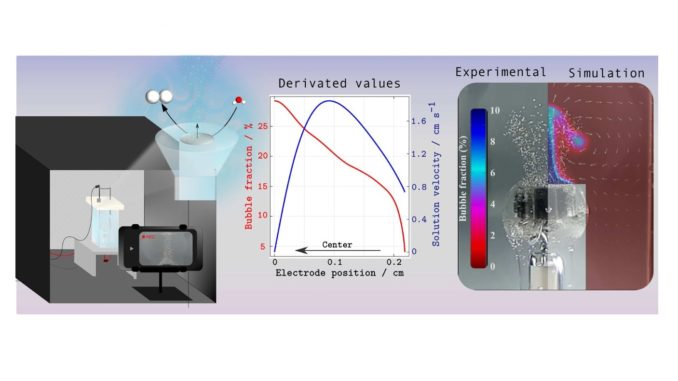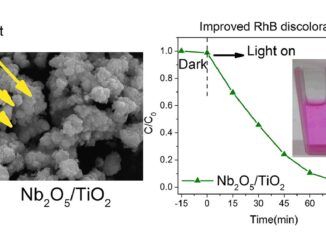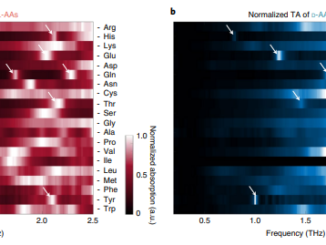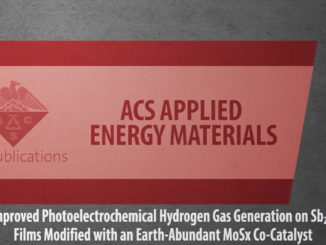
CFD simulation and experimental comparison of bubble-induced convection during electrochemical water splitting
Abstract: The behavior of gas bubbles produced during electrochemical processes is of large interest because of the increase in cell overpotential induced by their production, the electrode surface covering by them and, finally, the detachment of these bubbles and their direct impact on the energy consumption during the reaction. In this work, we used coupled experimental and computational approaches to investigate bubble formation under those conditions where there are important convective effects. We have measured both normal and parallel velocity of the solution and built up a computational fluid dynamics (CFD) model. The results were compared to experimental data. Then, having the computational model validated by experimental data, we have simulated different conditions following bubble displacement. An important change of the surface covering is observed during the electrochemical reaction. Considering just the covering change, for example, there is up to 23 % increase comparing to the electrode edge and center.
Author(s): Wosiak, G.; Silva, J.; Sena, S.S.; Andrade, R.N.; Pereira, E.
Chemical Engineering Journal
Published: 1 April 2022, Volume 433, Part 2, 133194
DOI: https://doi.org/10.1016/j.cej.2021.133194
CDMF
The CDMF, hosted at the Federal University of São Carlos (UFSCar), is one of the Research, Innovation and Dissemination Centers (RIDC) supported by the São Paulo State Research Support Foundation (Fapesp), and also receives investment from the National Council Scientific and Technological Development (CNPq), from the National Institute of Science and Technology of Materials in Nanotechnology (INCTMN).




